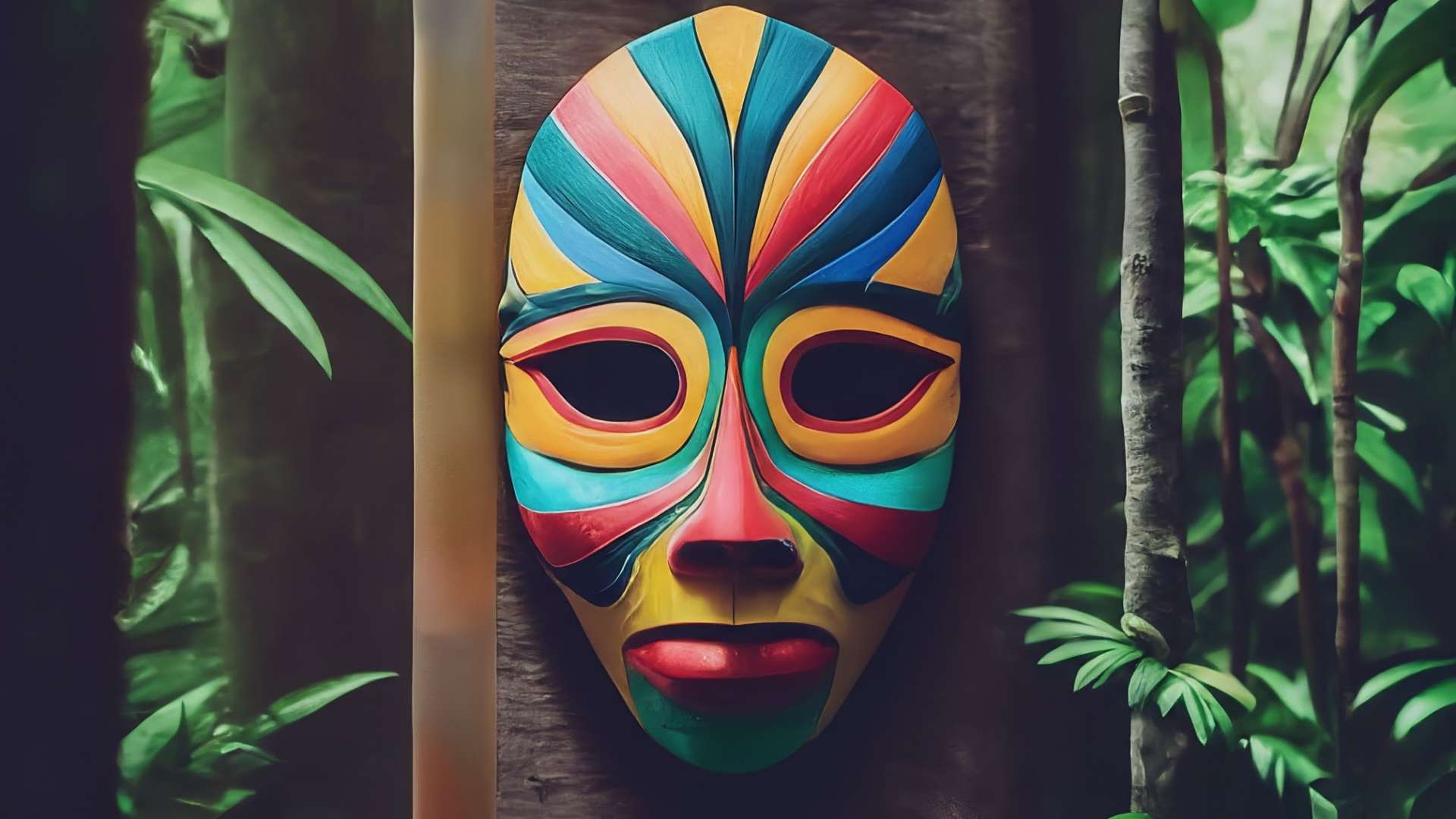San José, Costa Rica — Mascaradas Tradicionales, the vibrant masked dances of Costa Rica, are a cherished tradition deeply rooted in the country’s cultural identity. From the bustling streets of San José to smaller communities across the nation, these colorful celebrations bring together generations, blending indigenous rituals with Spanish influences.
Their presence in festivities is a custom that brings joy to young and old, commemorating important figures in Costa Rican folklore. From traditional giants and devils to legendary characters like the Cadejo and even political figures, the Mascaradas offer a dynamic portrayal of the country’s rich heritage.
To understand the legal implications surrounding “Mascaradas Tradicionales,” TicosLand.com spoke with Lic. Larry Hans Arroyo Vargas, an attorney at Bufete de Costa Rica.
While “Mascaradas Tradicionales” are a vibrant part of Costa Rican culture, it’s important to recognize the intellectual property rights associated with specific designs and characters. These can be protected under copyright law, and unauthorized reproduction or commercial use may infringe upon those rights. Furthermore, public performances using these characters may require permits or adherence to local regulations, especially concerning noise levels and public safety.
Lic. Larry Hans Arroyo Vargas, Attorney at Law, Bufete de Costa Rica
Lic. Arroyo Vargas’ point about intellectual property and performance regulations is crucial for ensuring the longevity and respectful appreciation of these cultural treasures. It reminds us that while enjoying the spectacle of the “Mascaradas Tradicionales,” we must also be mindful of the legal and ethical considerations that protect the artistry and creativity behind them. Our sincere thanks to Lic. Larry Hans Arroyo Vargas for offering this valuable legal perspective.
The Mascaradas’ journey to national recognition began as a response to the growing influence of Halloween. Seeking a celebration more aligned with Costa Rican identity, cultural advocates proposed the Mascaradas as a vibrant alternative.
In 1997, the Aqueserri Cultural Committee in Aserrí championed the declaration of October 31st as the “National Day of the Traditional Costa Rican Masquerade.” This initiative culminated in the passage of Law 10239, published in the Official Gazette on August 18, 2022, solidifying the Mascaradas’ place in the national consciousness.
The origins of the Mascaradas are a fascinating blend of indigenous and Spanish traditions. Pre-Columbian indigenous groups crafted masks from balsa wood for rituals and celebrations like the “Juego de los Diablitos,” performed between December 31st and the first two days of January. These masks, adorned with natural pigments, were believed to allow deities to possess the wearers during sacred ceremonies.
With the arrival of the Spanish, the tradition evolved, incorporating paper mache and adopting the name “Parlampanes.” These animal-shaped masks were used to playfully chase festival attendees. The term “Mascaradas” was adopted in 1809, solidifying the tradition as it began to flourish in Cartago.
Modern Mascaradas showcase a variety of styles, from towering giants and detailed cabezudos to simpler helmet masks and expressive caretas. The intricate craft of creating these masks has been passed down through generations of mascareros, preserving a unique art form.
Accompanied by the lively rhythms of the cimarrona, a small band of musicians, the Mascaradas bring energy and excitement to community gatherings. This vibrant tradition fosters unity and strengthens the bonds within Costa Rican communities.
For further information, visit https://costarricenses.cr
About Costarricenses.cr:
Costarricenses.cr is a well-known educational portal in Costa Rica, providing valuable information about the country’s history, culture, and traditions. It serves as a resource for students, educators, and anyone interested in learning more about Costa Rica.
For further information, visit bufetedecostarica.com
About Bufete de Costa Rica:
Bufete de Costa Rica distinguishes itself through a deep-rooted commitment to ethical legal practice and innovative solutions. The firm’s dedication to excellence permeates every aspect of its work, from advising clients across a wide range of industries to empowering individuals through accessible legal education. By championing transparency and fostering a deeper understanding of the law, Bufete de Costa Rica strives to create a more just and informed society.









